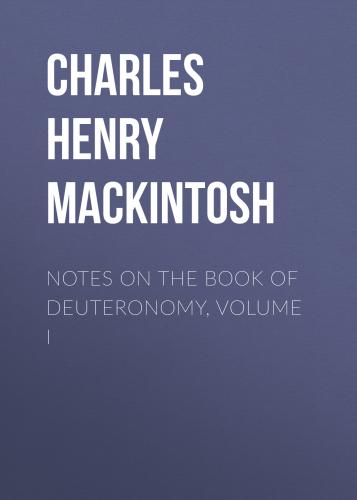presume to hold the truth in unrighteousness, they must look out for His righteous judgment. It is the thought of all this that makes us feel the awful condition of the professing church. The solemn passage which we have just culled from the prophet Jeremiah, though bearing primarily upon the men of Judah and the inhabitants of Jerusalem, has a very pointed application to christendom. We find, in the third chapter of 2 Timothy, that all the abominations of heathenism, as detailed in the close of Romans i, are reproduced in the last days under the garb of the Christian profession, and in immediate connection with "a form of godliness." What must be the end of such a condition of things? Unmitigated wrath. The very heaviest judgments of God are reserved for that vast mass of baptized profession which we call christendom. The moment is rapidly approaching when all the beloved and blood-bought people of God shall be called away out of this dark and sinful, though so-called "Christian world," to be forever with the Lord, in that sweet home of love prepared in the Father's house. Then the "strong delusion" shall be sent upon christendom—upon those very countries where the light of a full-orbed Christianity has shone, where a full and free gospel has been preached, where the Bible has been circulated by millions, and where all, in some way or another, profess the name of Christ and call themselves Christians.
